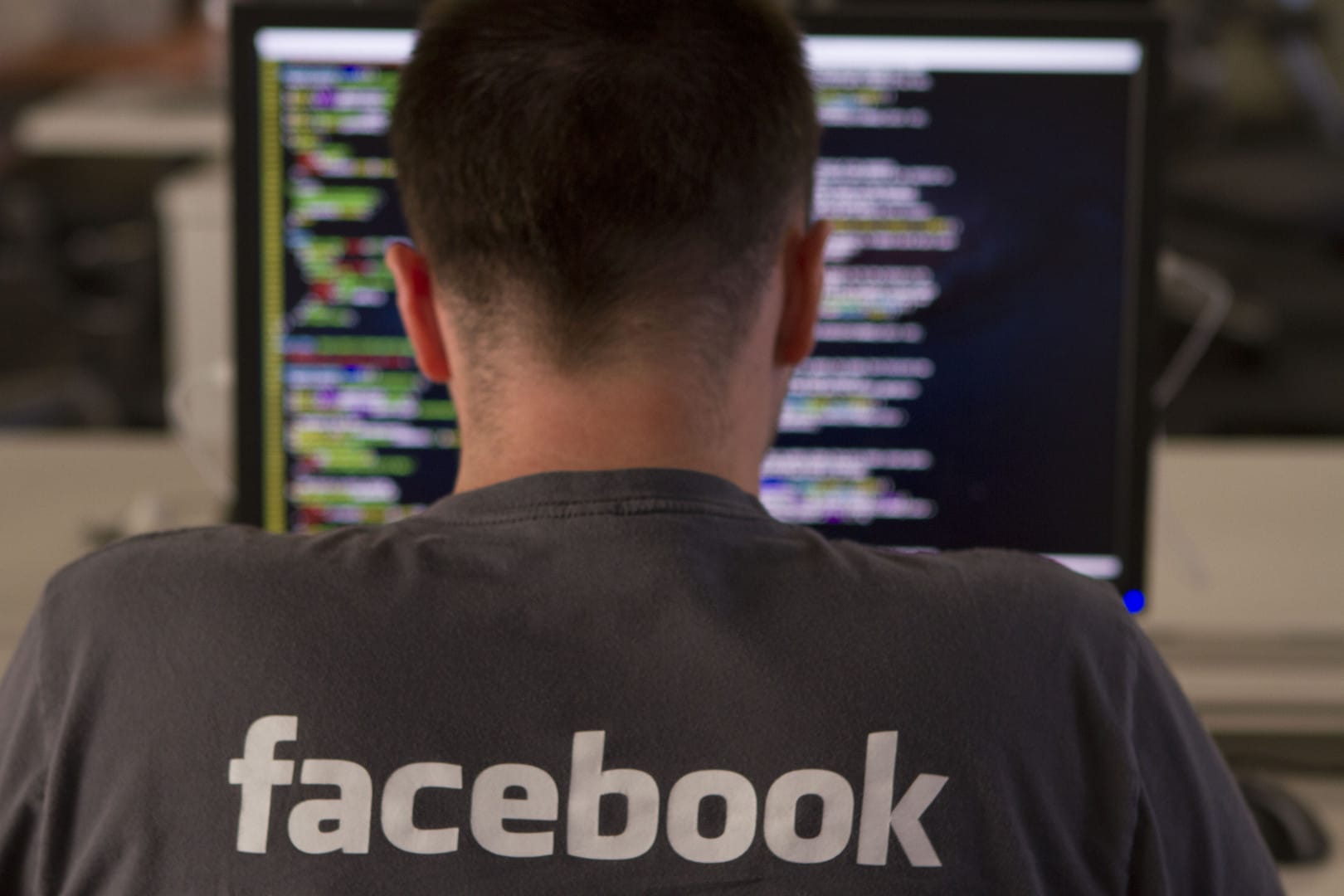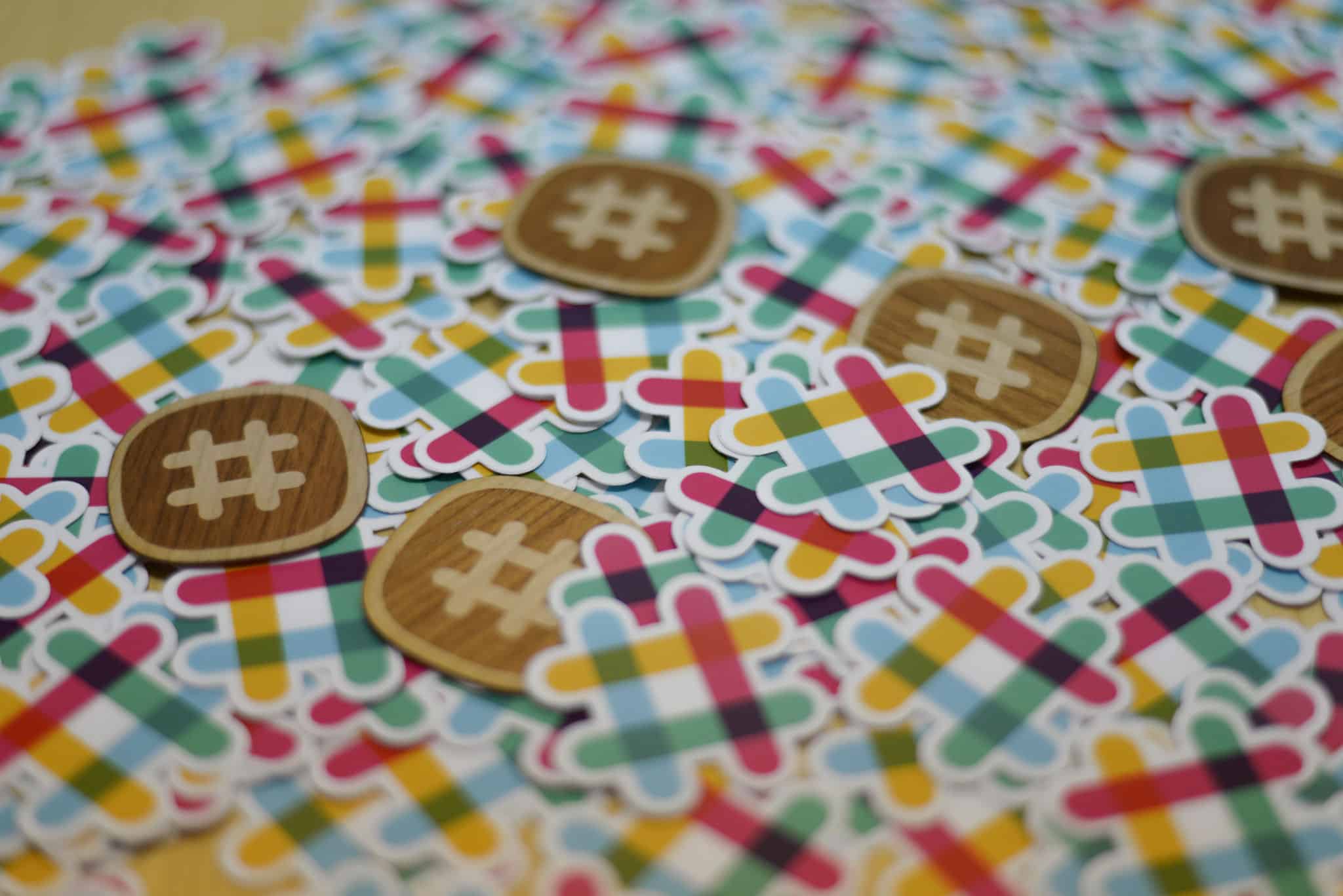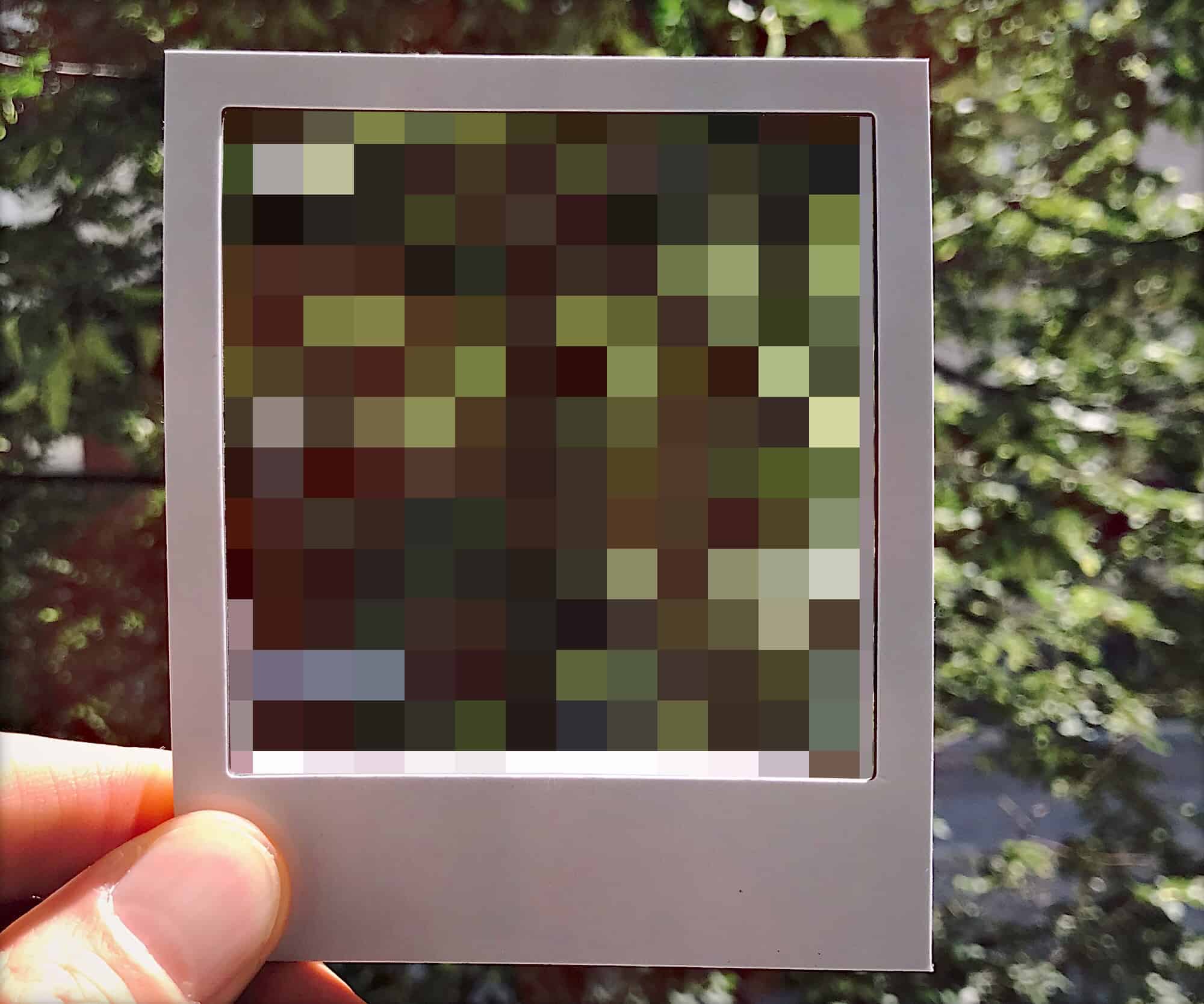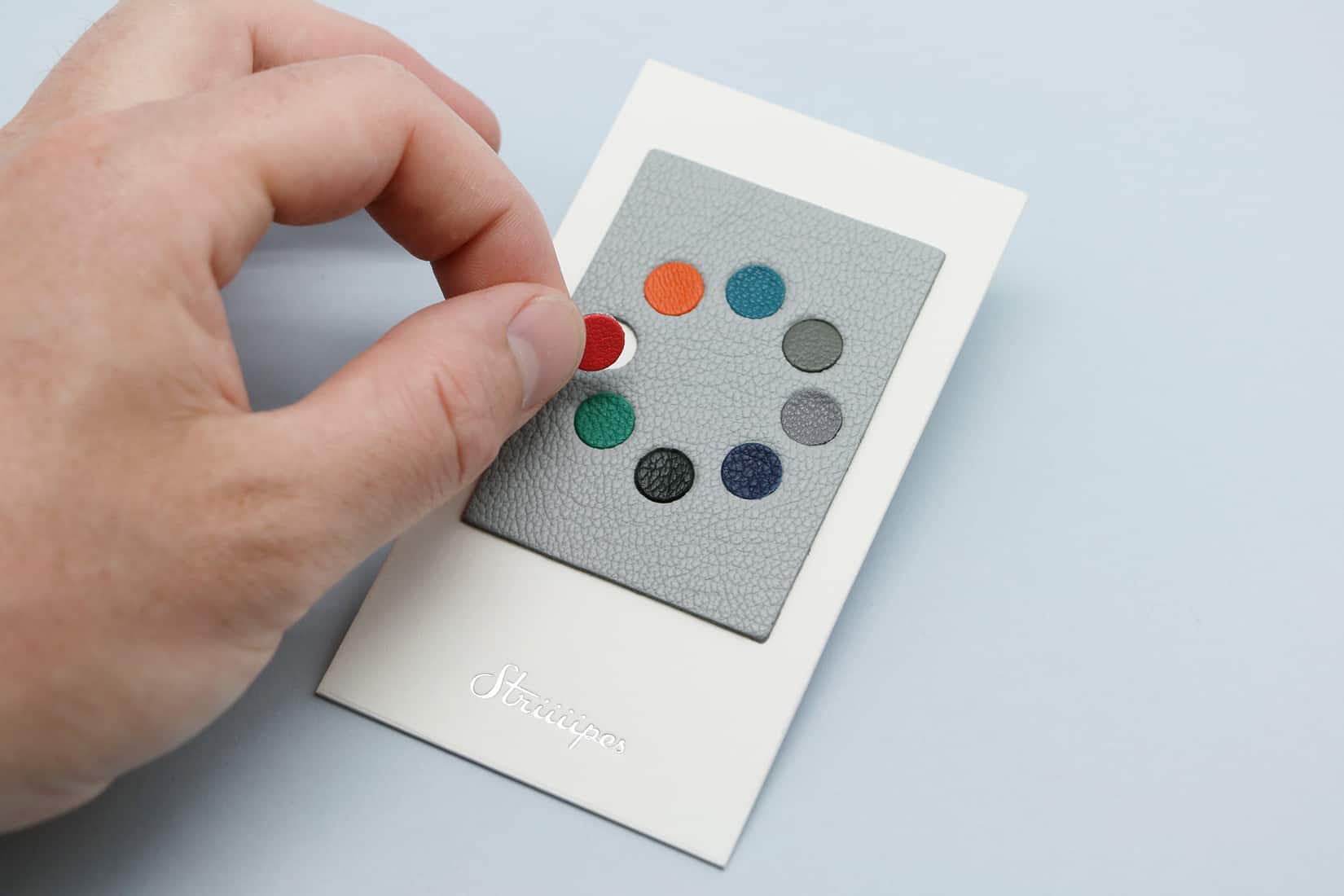You know how you can download a copy of all the data Apple holds on you? For many folks, this is an academic issue — it’s interesting to know about, but of little practical value. But a tool from developer Pat Murray lets you visualize your Apple Music listening habits, using a browser-based tool.
All you need is one small file from your Apple data dump — and Murray’s Apple Music Analyser.


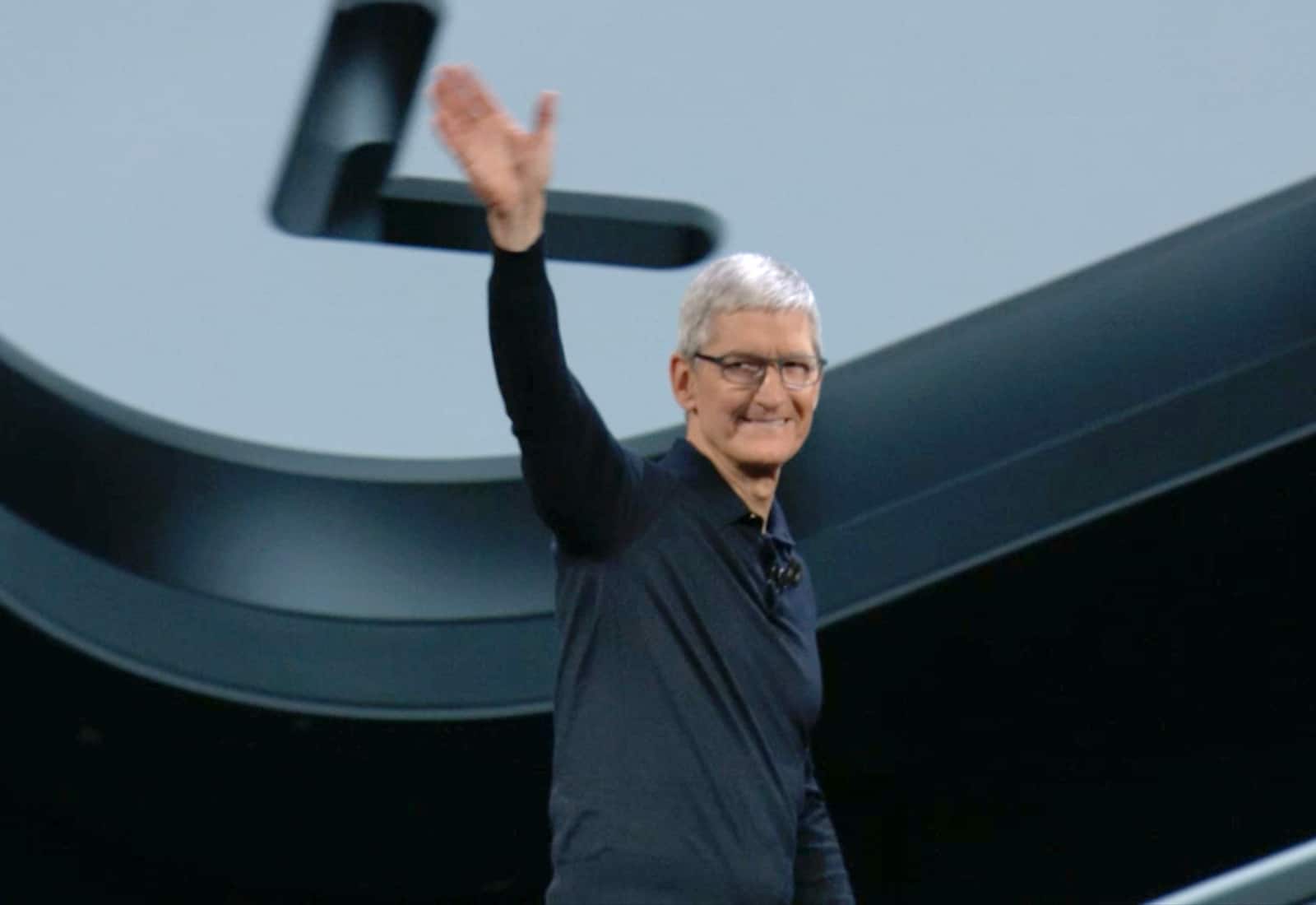
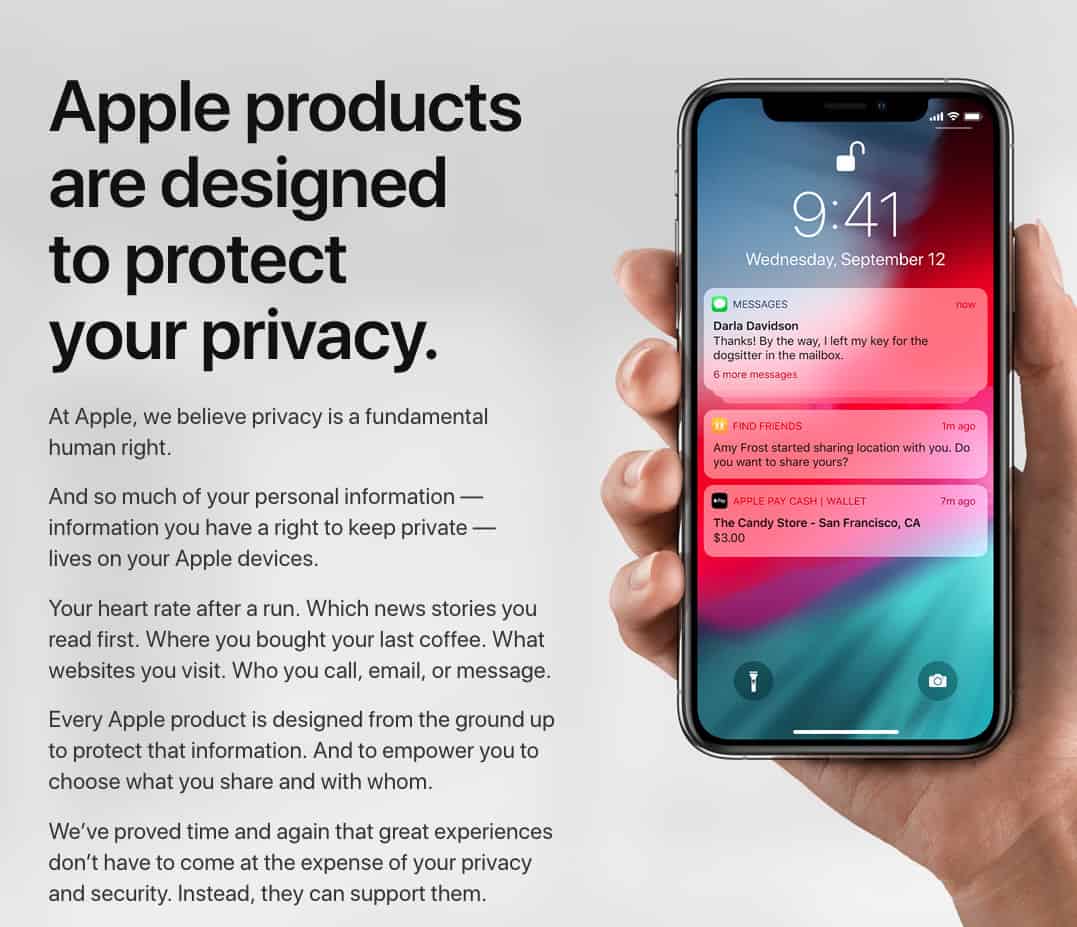

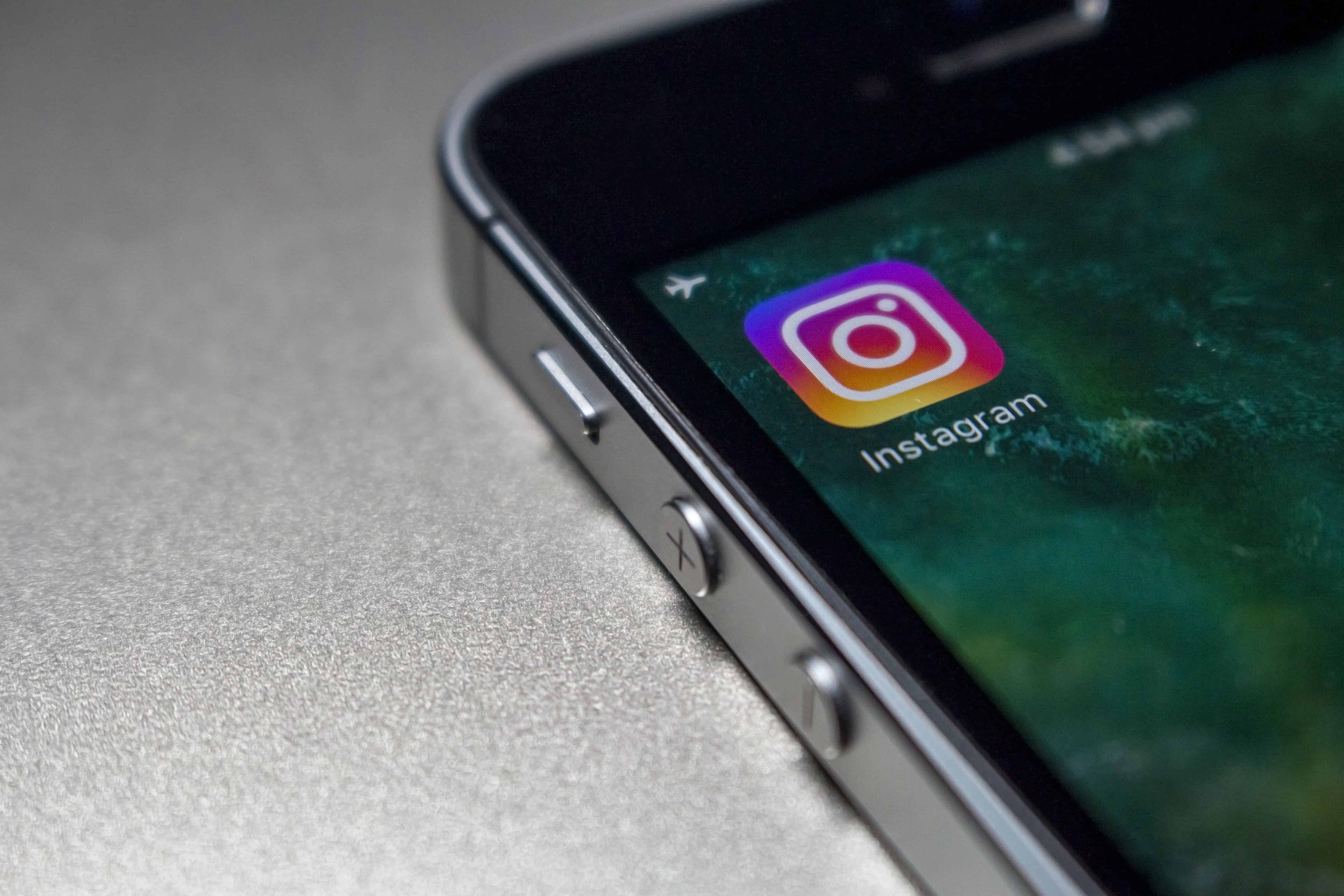

![Apple denies its server hardware was infected by Chinese spy chips [Updated] This isn't actually Apple's data center, but it's close.](https://www.cultofmac.com/wp-content/uploads/2018/08/73ADDF86-ABE6-4518-A5A1-32A58BE5C5AE.jpeg)
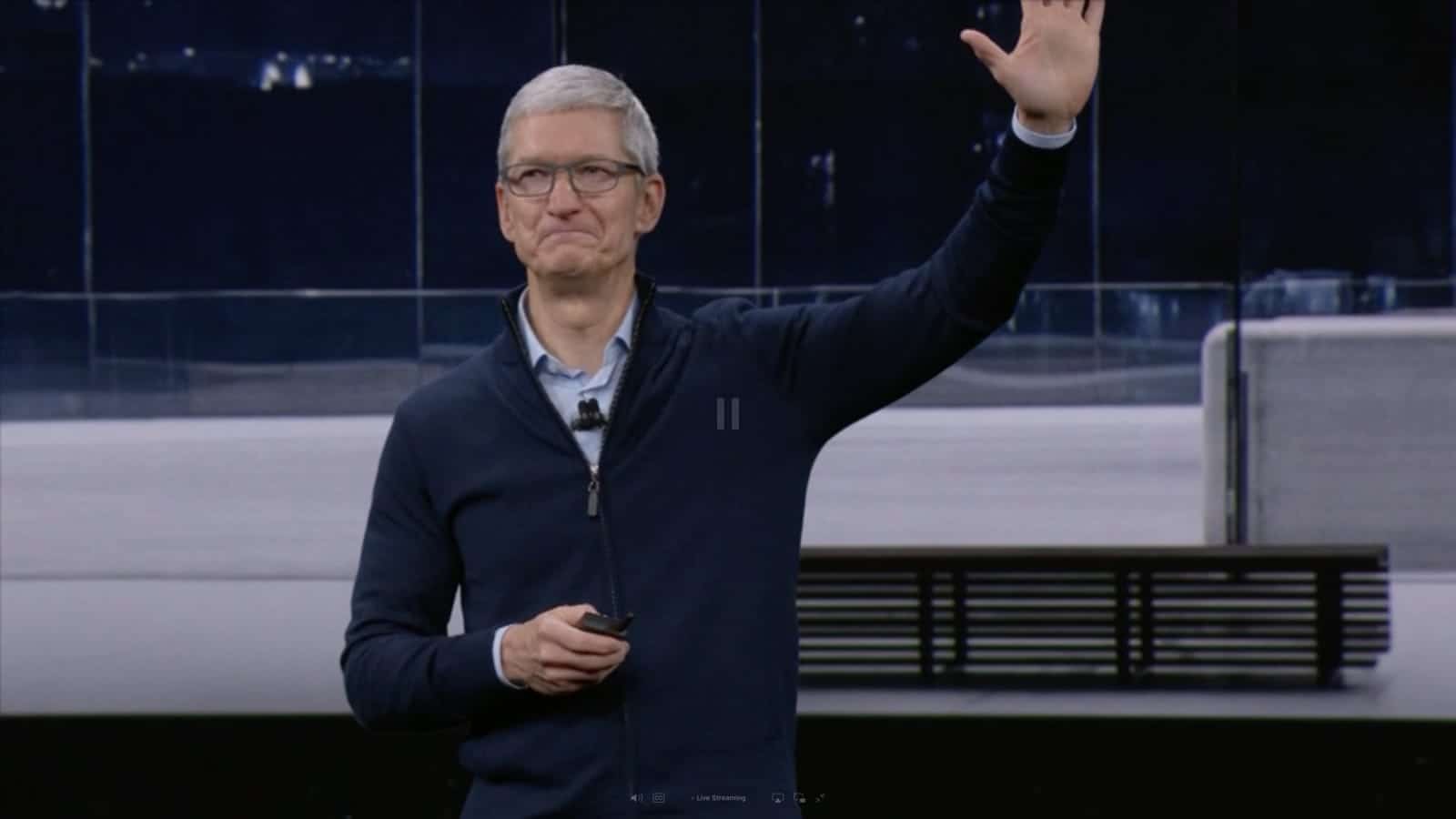
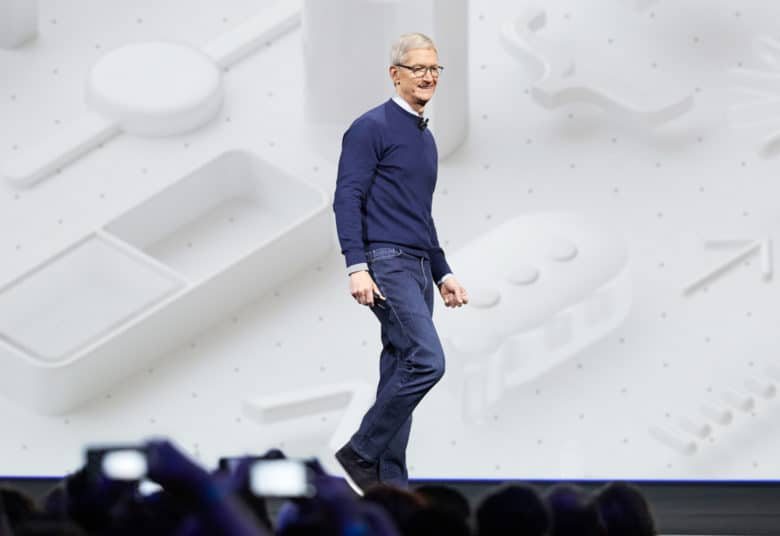
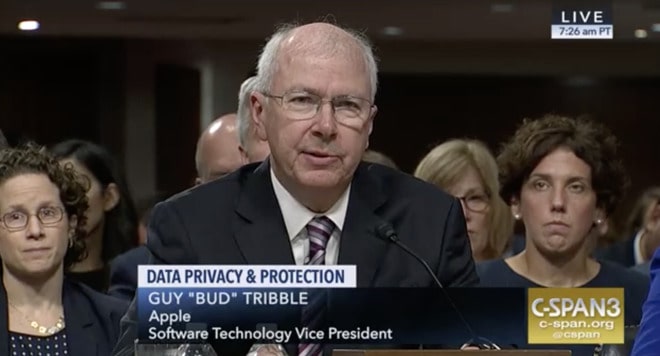
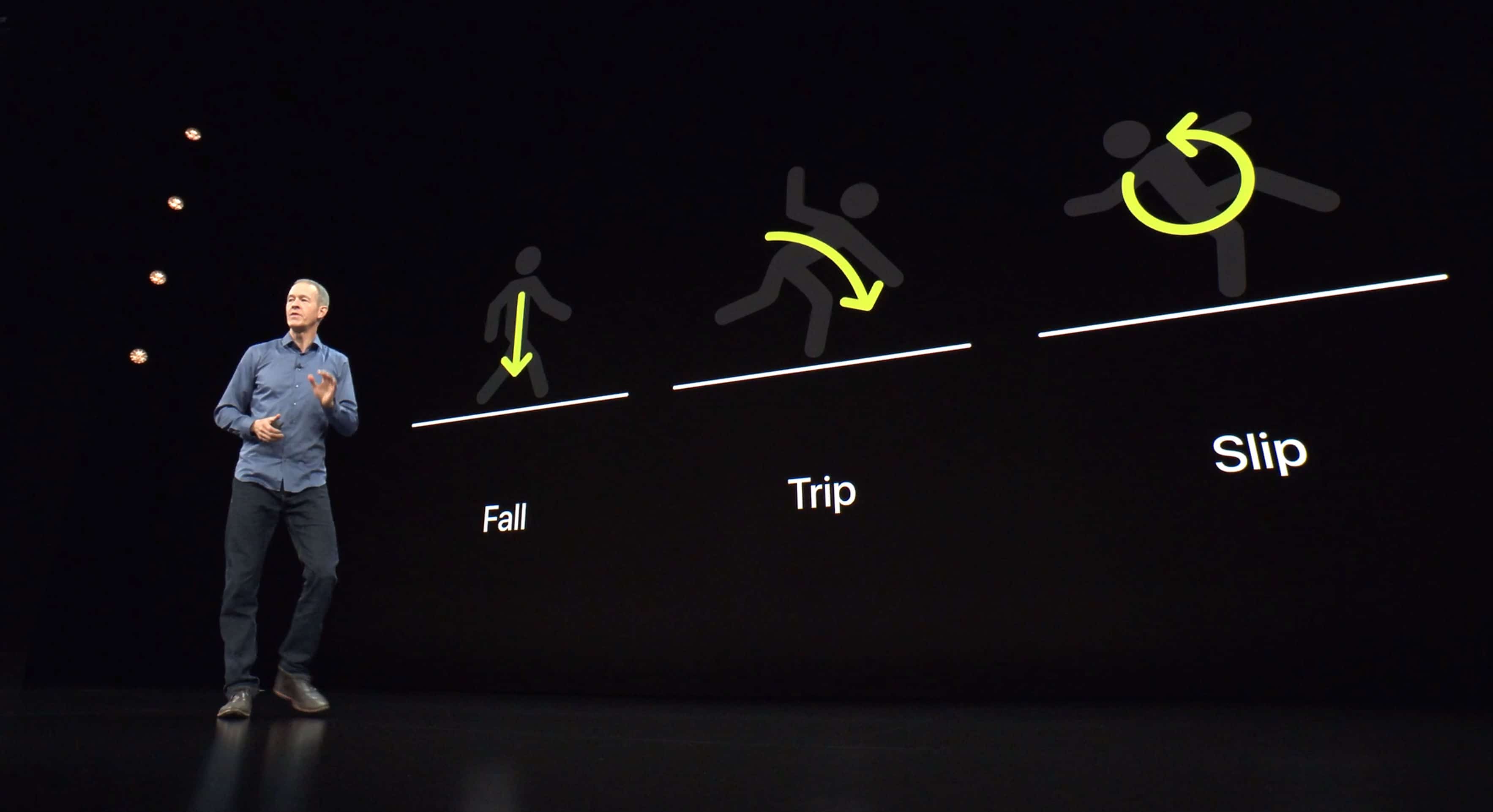
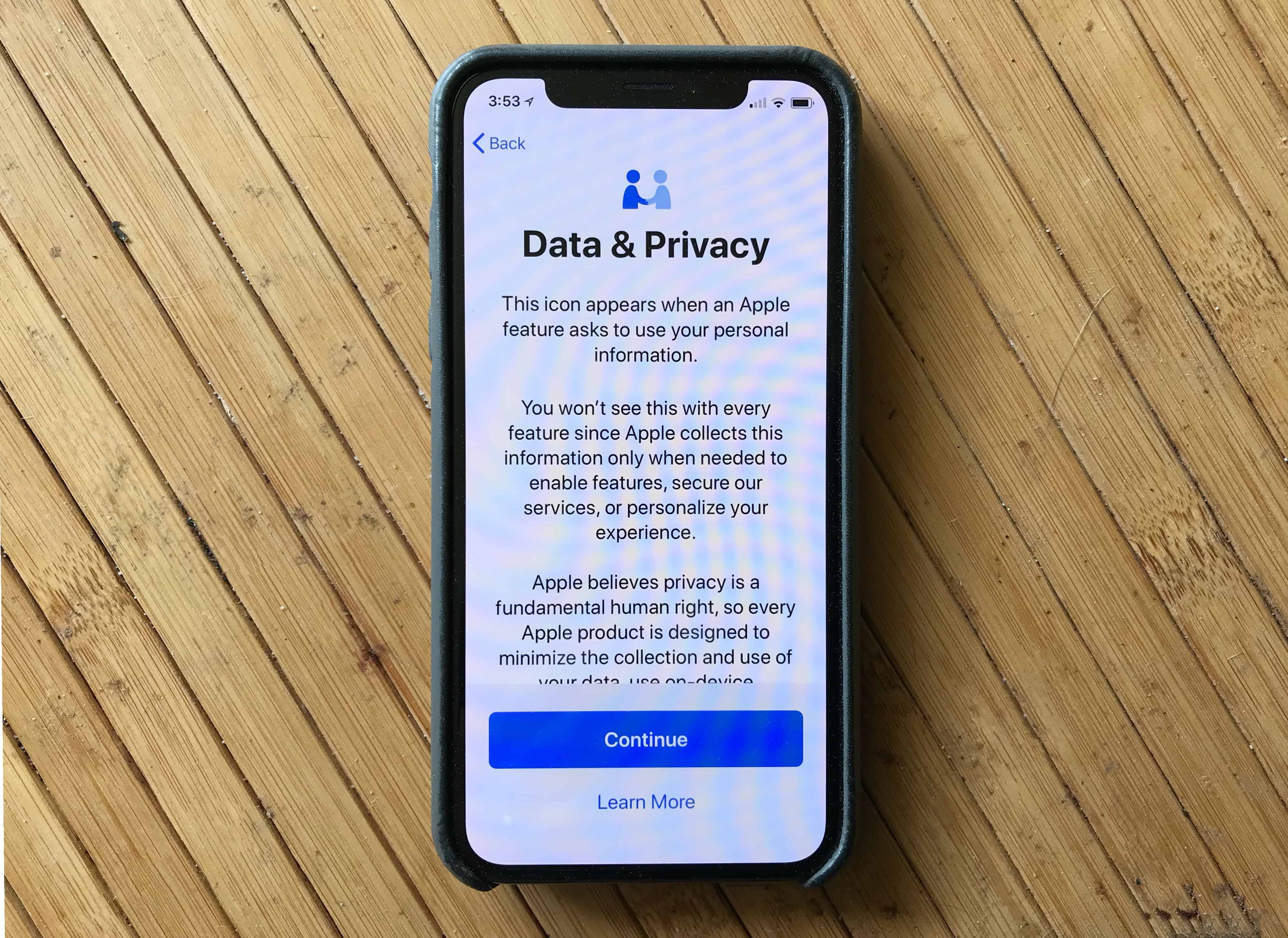
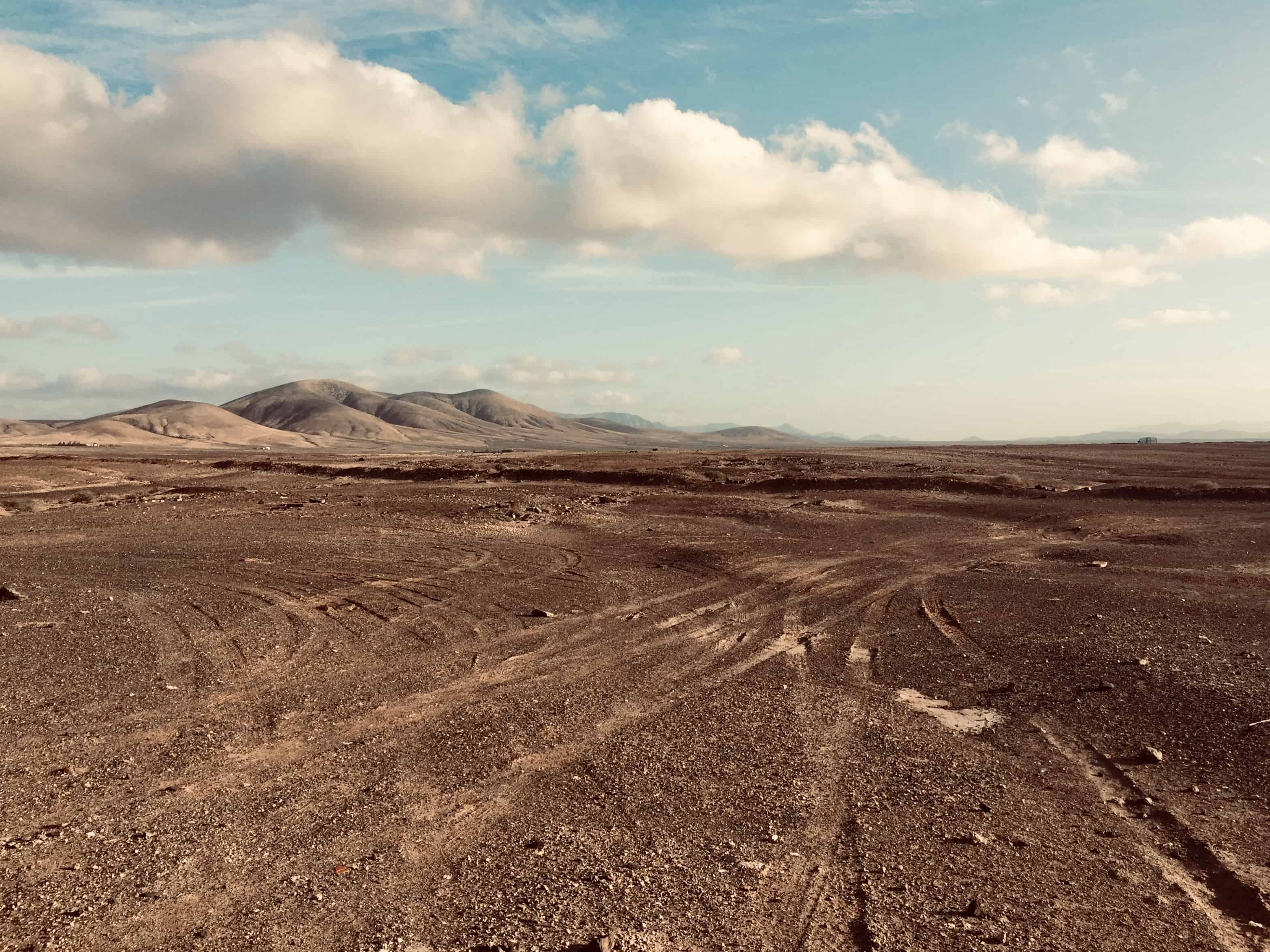


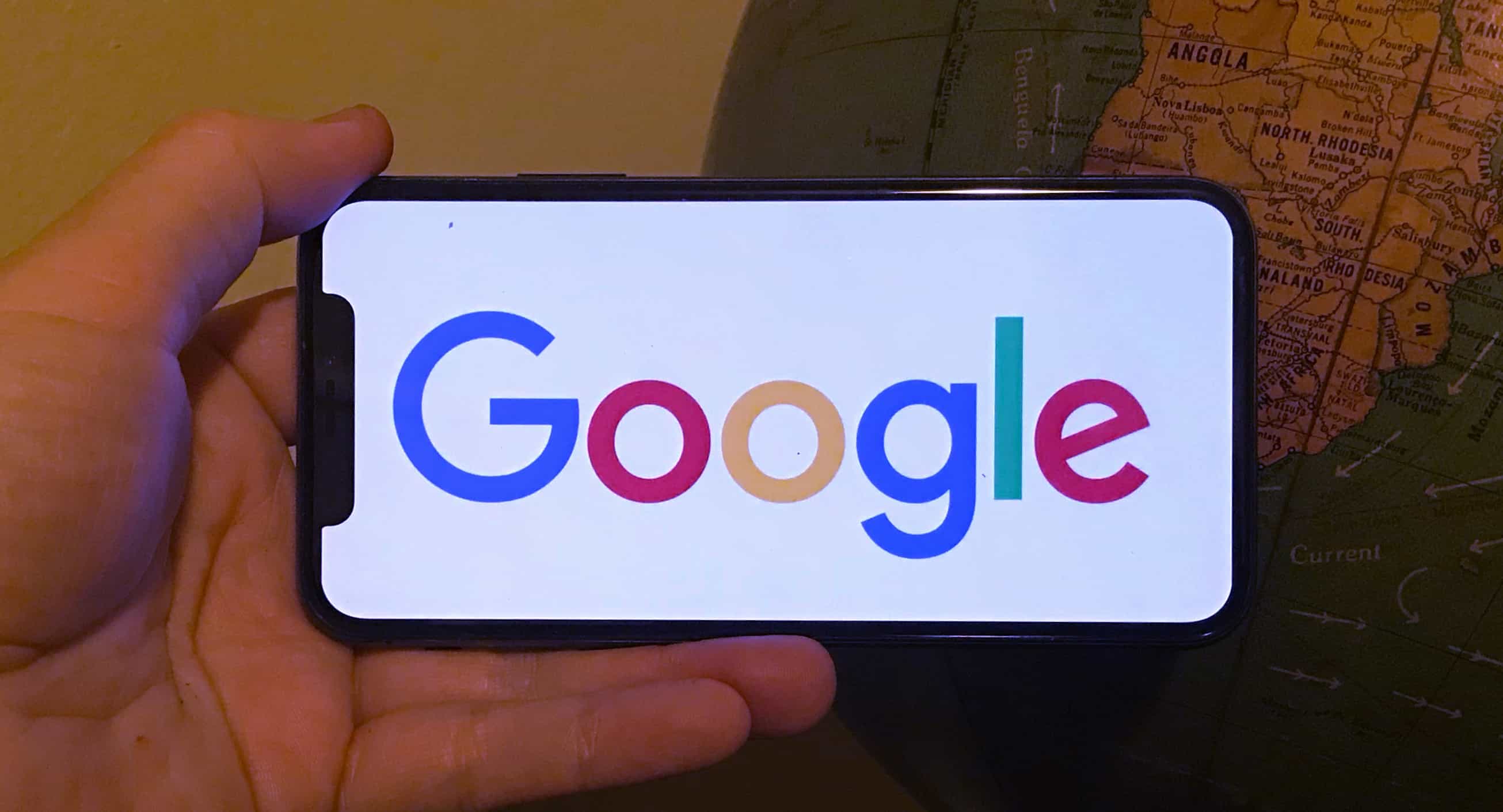
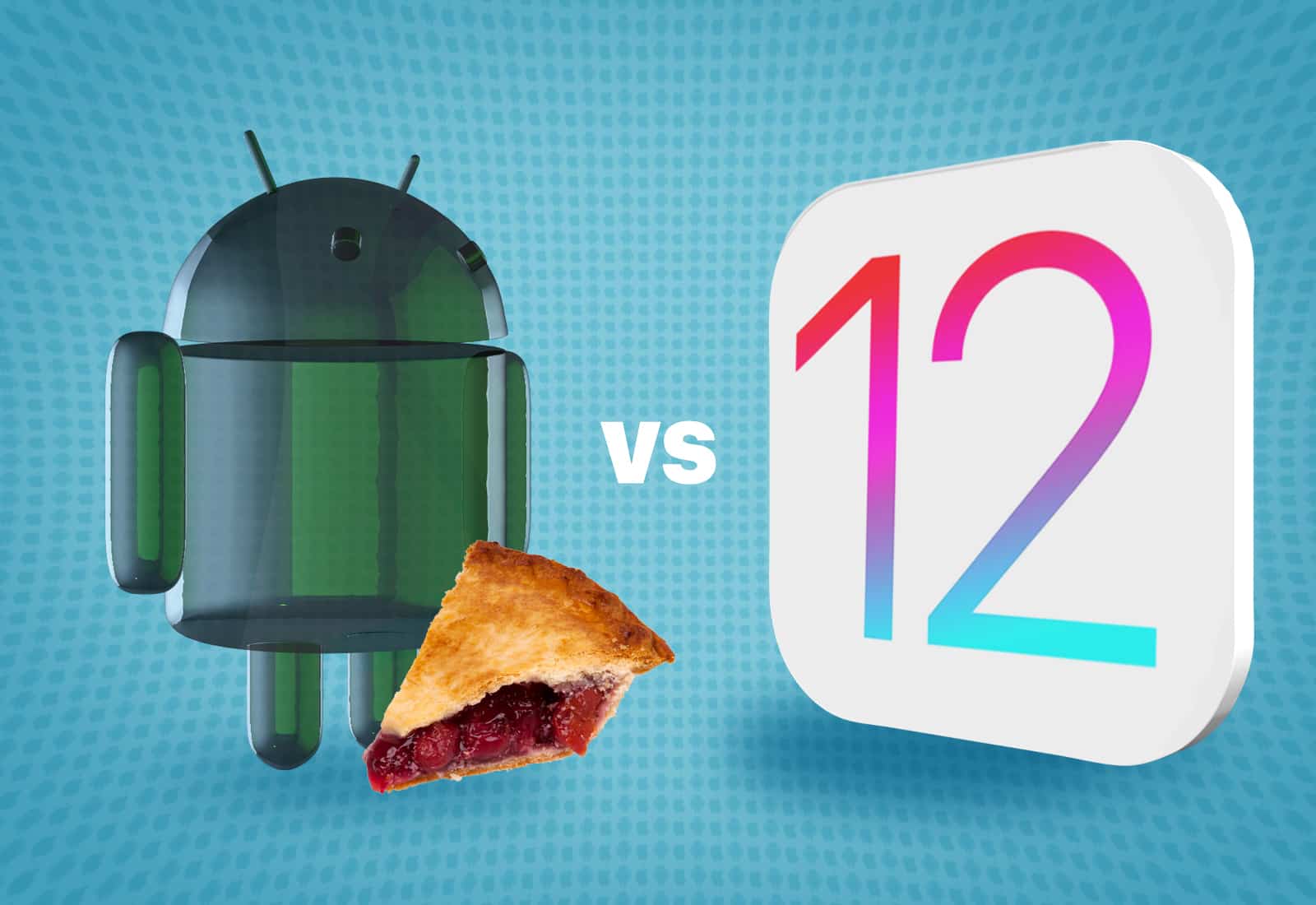
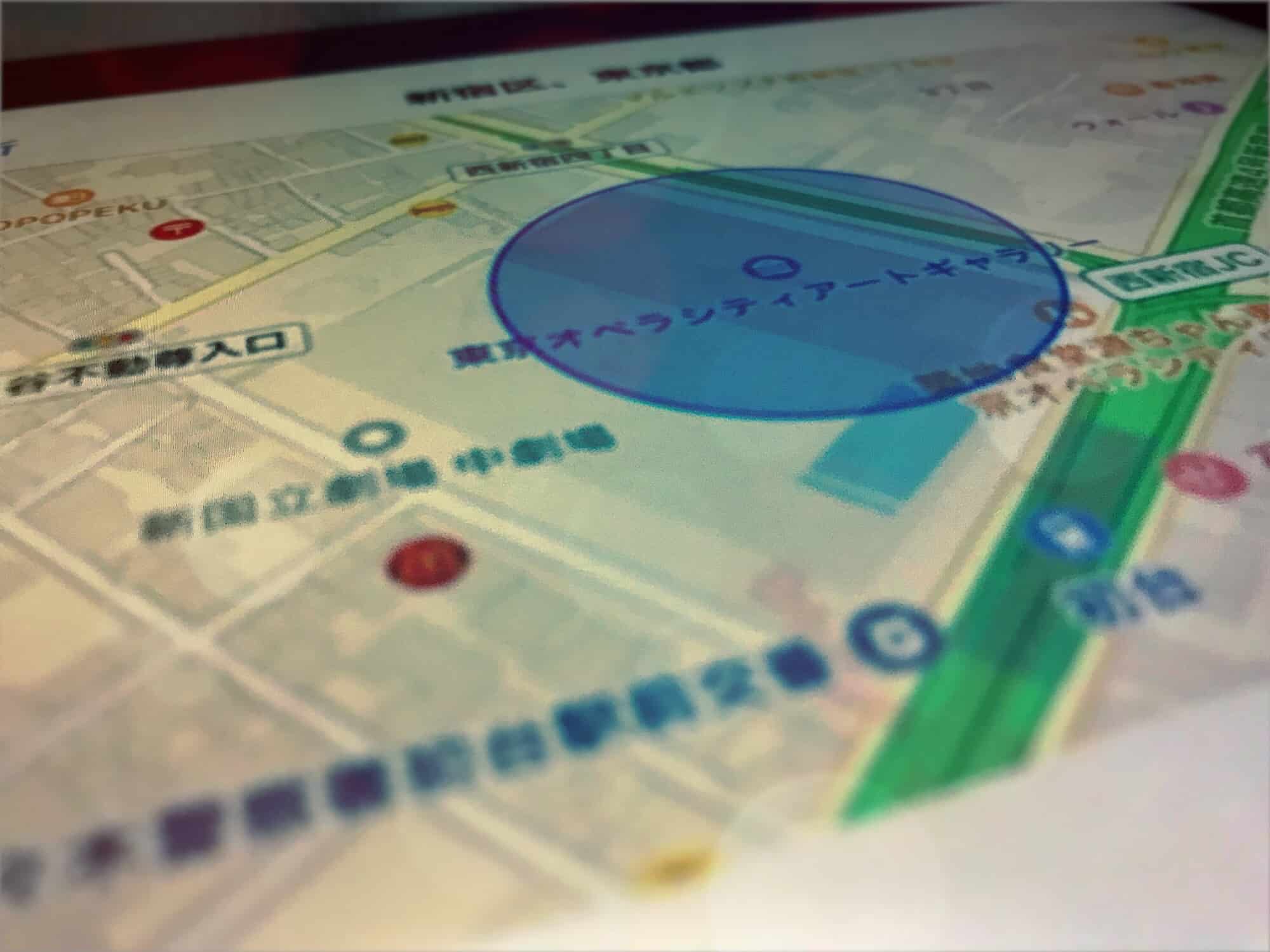
![Annotable makes annotation and markup powerful and easy [50 Essential iOS Apps #43] Annotable redacted information in document](https://www.cultofmac.com/wp-content/uploads/2018/07/Annotable-redacted-photo.jpg)


